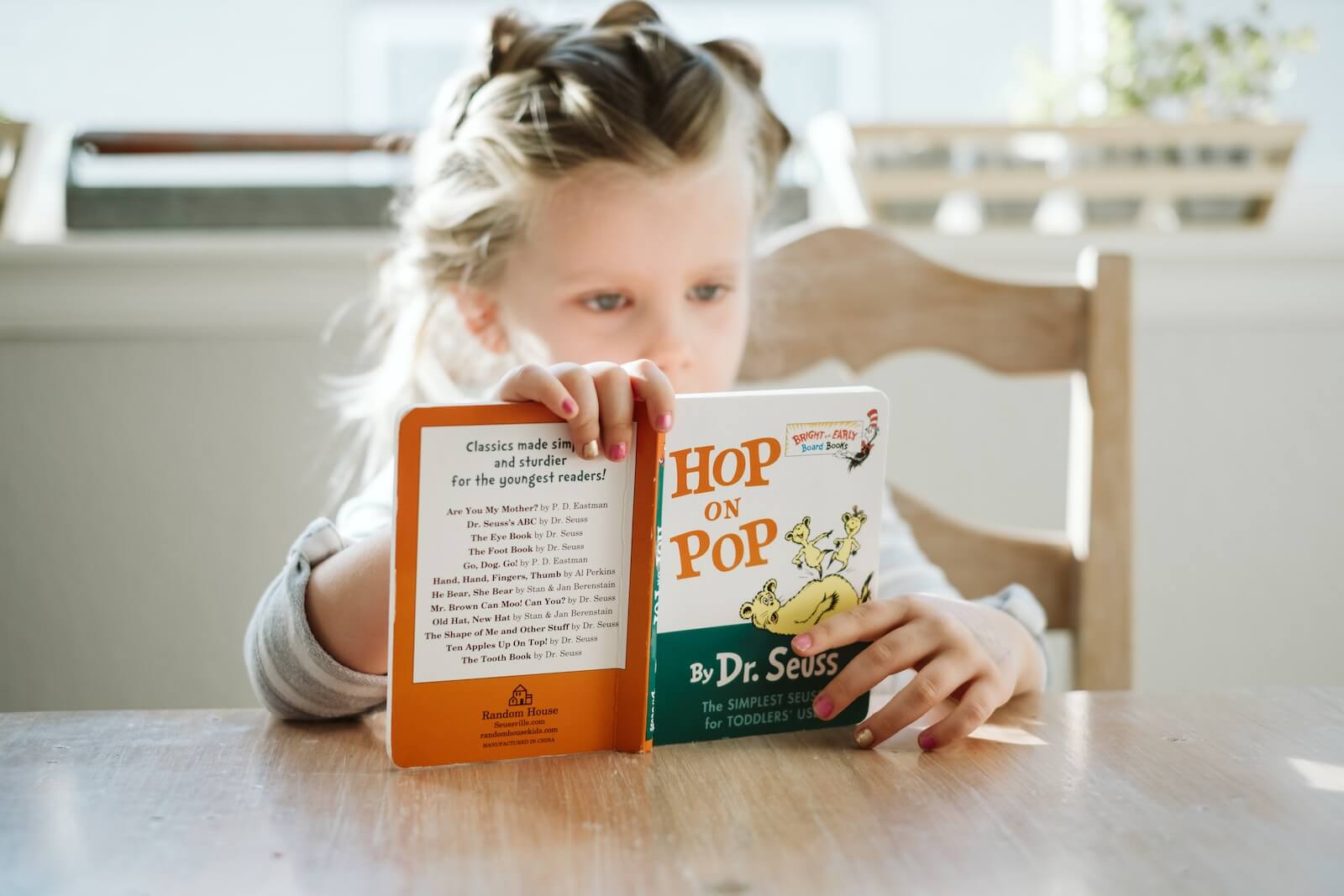
(Photo by Veja on Shutterstock)
DURHAM, United Kingdom — A child experiencing difficulties in reading or falling behind in school may be evaluated for dyslexia — a learning disorder that makes it harder to read. While well-intentioned, educational and clinical psychologists say rushing to diagnose a child with dyslexia may do more harm than good.
In a new book, The Dyslexia Debate Revisited, experts are calling for a halt to the overdiagnosis of this learning disability. Instead, they argue that policymakers, educators, and psychologists should rethink how we assess reading levels and improve reading resources.
The authors argue that how a child is diagnosed with dyslexia is scientifically questionable. Additionally, even when someone is diagnosed, the current procedures designed to help students struggling to read are largely ineffective. Children with inadequate support for reading tend to come from minority backgrounds or economically disadvantaged schools and communities.
“We desperately need to reform education policy and practice around the assessment and support of all children who experience difficulty with reading. Currently, too many children are being left behind,” says co-author Julian Elliot, a professor of educational psychology at Durham University, who previously instructed children with learning disabilities, in a media release. “The current system is leaving swathes of children struggling, particularly those in economically disadvantaged schools and communities. This is surely wrong.”

Rather than trying to label a child once they receive a dyslexia diagnosis, the authors argue the primary focus should be to give struggling readers support and intervention as early as possible. This includes training elementary school teachers to identify and intervene with children struggling to read. Additionally, systems need to be put in place to provide additional educational support.
The authors recommend that policymakers and educators have intervention strategies already planned out for struggling readers of all ages. Having a clinical diagnosis of dyslexia excludes many other struggling learners from accessing resources that would also benefit them. Another strategy is to give greater recognition to recommended interventions, whether someone is dyslexic or not.
Lastly, the authors seek to redefine what it means to be dyslexic. They argue that dyslexia should broadly include any child with a persistently difficult time with reading. There is currently no valid and widely agreed-upon means of differentiating dyslexia from other forms of reading difficulty. Therefore, the team says dyslexia should mean an educational difficulty, not a medical condition or diagnosis.
“We need to stop formally diagnosing and labeling a relatively small proportion of poor readers as dyslexic and, instead, focus upon identifying and intervening with all children who struggle with reading,” adds Elliot.










